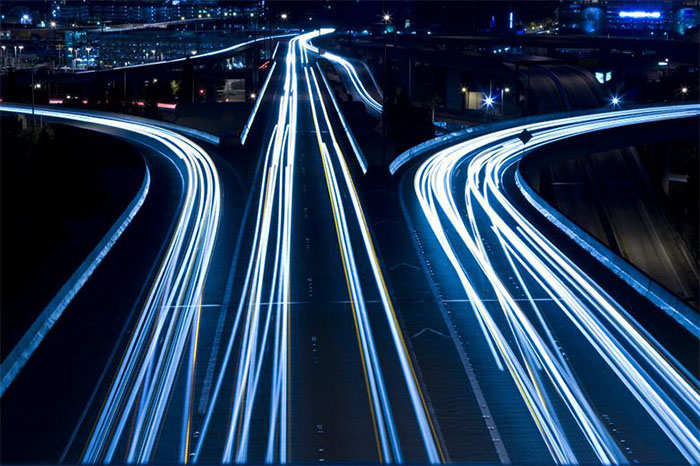As IoT technology continues to mature, the application areas of IoT technology are also expanding. For example: finance, medical care, logistics, etc. Among many fields, the integration of the Internet of Things and the transportation industry will become increasingly closer, and its role in the construction of smart transportation will become increasingly important. From optimizing navigation to safely managing congestion and vehicle utilization, to real-time data transmission, IoT technology will undoubtedly revolutionize the way we work and live.


1. Queue driving
IoT will enable scalable platooning, where a group of cars are electronically (and sometimes mechanically) coupled together to travel at the same speed and maintain equal distances. Queuing improves traffic safety, fuel consumption and tailpipe emission issues. According to studies, fully automated highway systems can reduce traffic accidents by 70-90%. It is expected that by 2020, the loss of life caused by car accidents will be halved due to the installation of anti-collision systems on the road.
2. Improve traffic flow
In addition to the connected cars themselves, a truly smart city will be equipped with a complex network of road sensors. These sensors relay traffic jam and hazard data to other vehicles and traffic lights, rerouting and load balancing traffic throughout the city.
3. Plan efficient routes and save parking time
With the advent of the Internet of Things era, congested traffic conditions will be improved. People will have recommendations for the best traffic routes before they show up. In addition, cars can also use road sensors to find the nearest parking space to solve most problems. Car owners have difficulty parking.
4. Intelligent traffic lights
Traffic lights of the future will dynamically alter mirrored traffic flow, making commutes 26% faster, vehicle waiting times shorter by 40%, and tailpipe emissions reduced by 21%.
5. Reduce the incidence of car accidents and driving risks
Nearly 1.2 million people die in car crashes every year, with an average of about 3,287 deaths every day. Experts believe that this number will be significantly reduced when self-driving cars begin to replace human-driven cars. By equipping IoT cars with real-time driving, map and video data, these smart cars can observe blind spots and corners from a distance, identify pedestrians, cyclists and any other road hazards in advance, and automatically perform complex judgment calculations and analysis. Second decisions to maximize personal safety.
6. Intelligent public transportation
Not all of the benefits are for private cars; city buses can dynamically observe the number of people at each stop and increase speed and change routes accordingly.
While the development of any new technology comes with its own set of daunting challenges, the benefits of IoT transportation systems, such as increased public safety, traffic flow, fuel efficiency and reduced environmental impact, far outweigh these challenges.